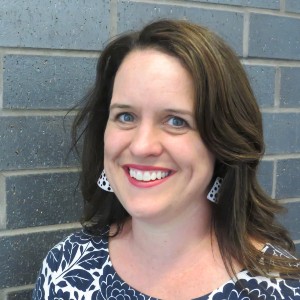Partnership With Sony Electronics to Bring Leading-Edge Tech to Help Ready Students for Career Success
Sony Electronics is partnering with the S.I. Newhouse School of Public Communications to provide state-of-the-art equipment, hands-on training and world-class industry expertise as part of a collaboration that will prepare students for careers in media, entertainment and visual communications. The…


 “Fulbright Scholarships are prestigious academic achievements and Professor True-Frost is a deserving recipient and representative of the College of Law in this program,” says College of Law Dean Craig M. Boise. “Her scholarship at the intersection of international law and politics and the rights of the disabled is being justly recognized. Cora is a gifted classroom teacher and will ultimately enrich this field and our students, building connections between leading international courts and our law school.”
“Fulbright Scholarships are prestigious academic achievements and Professor True-Frost is a deserving recipient and representative of the College of Law in this program,” says College of Law Dean Craig M. Boise. “Her scholarship at the intersection of international law and politics and the rights of the disabled is being justly recognized. Cora is a gifted classroom teacher and will ultimately enrich this field and our students, building connections between leading international courts and our law school.”